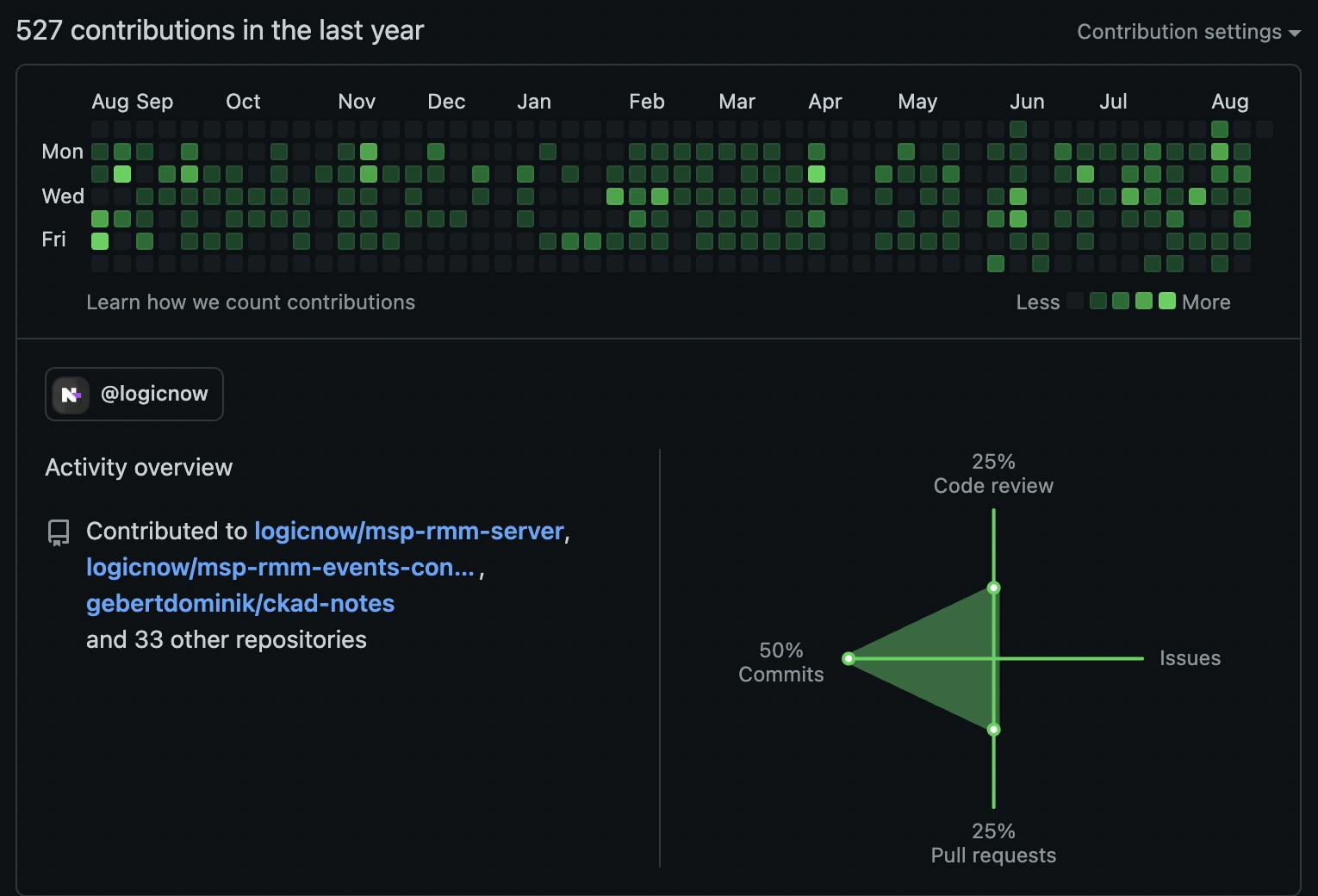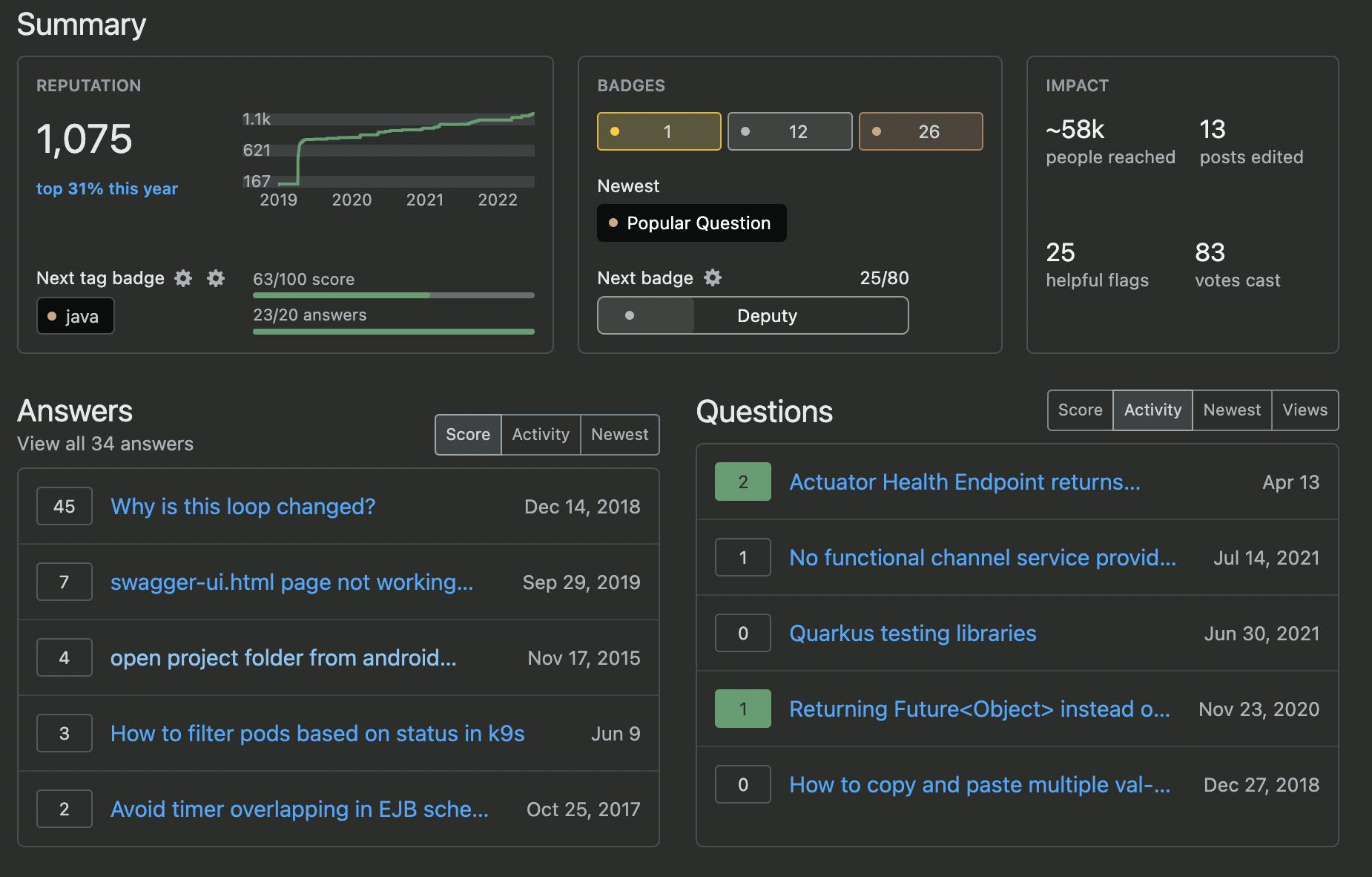I started my software engineering career in 2013 when I found my first job. To be honest, not a long ago I didn't have any idea, that I'll become a developer...
My story
Three years before getting my first job I started IT studies. My programming knowledge was very, very limited - I developed a few simple scripts in Visual Basic in my IT classes in High School. Previously IT classes were mostly about playing games and chatting.
Well, it wasn't a great start, like we can sometimes find on the web. "I am writing software since I was 7yo, and I earn quite a lot of money because of that." Sound familiar? I heard similar stories quite a lot of times, but trust me - usually, it doesn't look like that.
In my case, as you probably know now, it was completely different. After the 3rd year of my studies, all the students were required, to do a month-long apprenticeship. That was all in theory - in practice, each of the students was looking for a regular job, and most of us stayed in the job, and combined work and studies.
In my case, I was on 4 or 5 job interviews. I realized that in all of them the recruiter was following the same algorithm:
- Ask some standard technical questions about SQL joins, how to implement a sort algorithm, or describe a software design pattern of your choice.
- Talk about projects developed during the studies.
- Ask some questions about free time and any IT-related activities during that time.
After about a year since I started working, I had a chance to speak with all the people involved in my job interview process. What's interesting, doesn't matter who I spoke with, all they said was that the technical test was the less important thing in terms of decision making to hire me or not. Writing some tasks on a good level, and showing an understanding of what was it about, was a door opener for the next steps, but the final is always made based on involvement, enthusiasm for work, communication skills, etc. This is definitely a soft skill set, not the technical one. To be honest it should be expected - for more senior roles the hiring decision is made based on your soft skills and experience. As a first job seeker, you don't have any experience by definition.
Given that - how we can show our involvement and passion?
Tips for wanna-be junior developers
Doesn't matter what was your previous IT experience - IT studies, boot camp, or you learned everything at home - I am sure you get a chance to use services like Github or StackOverflow. During your learning, you have faced some issues, which were previously faced by other people, or you developed some code. Show it to your future employer!
Github
I am writing about Github, cause I think it's the most popular tool, but it could be also Bitbucket or any other VCS, which you can use to store all your source code. Try to avoid adding everything in one commit - show the process and be descriptive.

If your Github looks like the one on the picture above(that's actually from my profile), I can guarantee it shows your involvement and passion.
The second thing is - you should describe your repositories, even with a small Readme file. It helps you to remember why you developed that part of code. It's also helpful for your future employer, to understand what you already know.
StackOverflow
With StackOverflow, the story is a little different. I can easily assume, that after googling some issues you have faced, you ended up on this service. No answer to your question? Add it if you found a way to fix the issue. You can't find a similar question? Add yours to the service - it doesn't cost you anything, but it shows that you are a part of the community.

Believe me, getting 1000 points here is not as hard as it looks. I've never focused to achieve that - I just added answers for issues I solved by myself. You can do it as well - no experience required, and it's also free!
Summary
As you can see, showing up your passion and involvement can be crucial for your first employer. Track your progress, keep your code in a single place, and you'll end up with much higher chances to get your first job.

